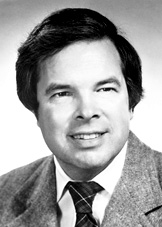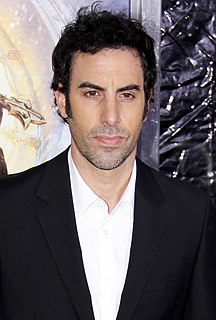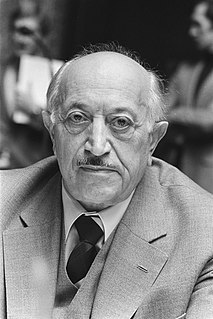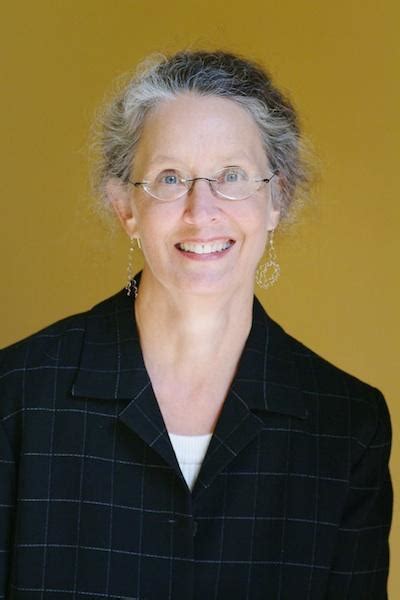A Quote by Noam Chomsky
There's an interesting book about that called The Third Reich and the Ivory Tower, written by Stephen H. Norwood. It has a long discussion about Harvard, and indeed the school's president, James Conant, did block Jewish faculty. He was the one who prevented European Jews from being admitted to the chemistry department - his field - and also had pretty good relations with the Nazis.
Related Quotes
If you take a look at places like Harvard, it's striking. In the early ,50s, I think there were a handful of Jewish professors, three or four. But by the 1960s, there were Jewish deans and administrators. In fact, one of the reasons why MIT became a great university was because they admitted Jews whereas Harvard did not.
[My father] was a banker. He was the president of the Cambridge Trust Company, the head of the trust department, and he taught classes at the Harvard Business School. And he was a member of the Harvard Faculty Club, which I am, too, because what I did is... I have the same name as my father, only Jr.
I remember, when I was in university I studied history, and there was this one major historian of the Third Reich, Ian Kershaw. And his quote was, 'The path to Auschwitz was paved with indifference.' I know it's not very funny being a comedian talking about the Holocaust, but I think it's an interesting idea that not everyone in Germany had to be a raving anti-Semite. They just had to be apathetic.
I had written a book. For various reasons, the publishing industry had decided that my book was going to be 'important.' The novel had taken me 12-and-a-half years to write, and after being with the book for so long, I had no real perspective on the merits or demerits of what I had written. I hoped it was good, but feared that it wasn't.
For me the Holocaust was not only a Jewish tragedy, but also a human tragedy. After the war, when I saw that the Jews were talking only about the tragedy of six million Jews, I sent letters to Jewish organizations asking them to talk also about the millions of others who were persecuted with us together - many of them only because they helped Jews.
Stephen had just come from a class discussion in which several students believed that the right cup of herbal tea would save them from pain and sorrow. Well acquainted with pain and sorrow, Stephen did not contribute to the discussion. He merely crossed these idiots off his list of possible friends.
Harvard introduced the now famous ad hoc system whereby a group of experts in the field of the faculty member to be promoted are consulted concerning the stature of that scholar. This move made the opinion within the field, rather than the clubby relationship within the department, the determining factor in the promotion of professors.
From age 16 on, I found school boring and failed A-level Physics at my first attempt. This was necessary for university entrance, and so I stayed an extra year to repeat it. This time, I did splendidly and was admitted to Sheffield University, my first choice because of their excellent Chemistry Department.


































